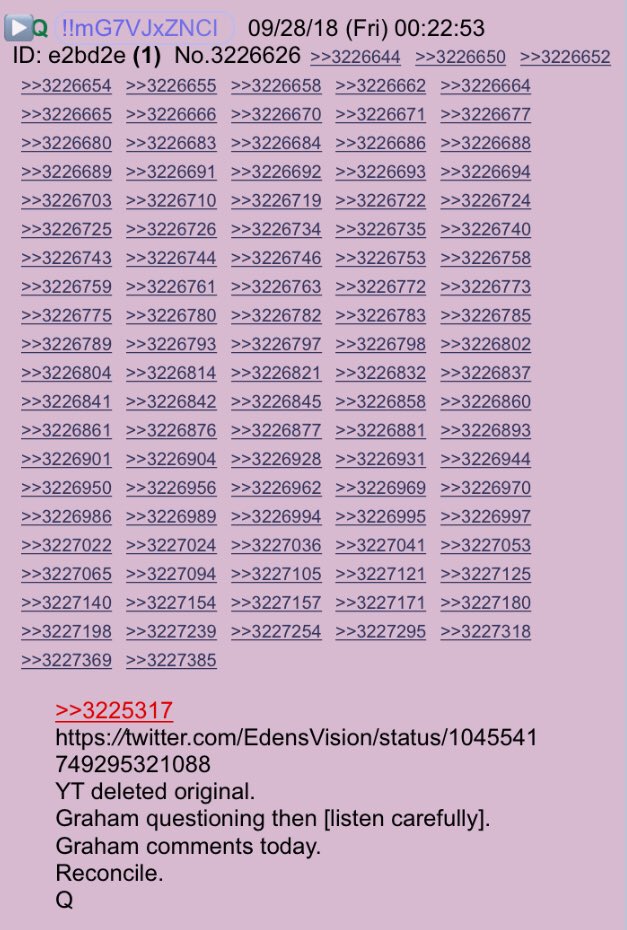1/ I have been studying the Greek word αἵρεσις (hairesis - heresies) from 2 Peter 2:1 as I prepare a lesson for Sunday. It's a very interesting word because in the ancient secular context it's used differently than the NT context, though the different uses are similar
One secular example is Herdotus:
"After Babylon had been taken (αἵρεσιν), the march of Dareios himself against the Scythians took place:" The Histories 4:1
It is the context that determines the usage of the word, and here, Herodotus is using it in a manner where Dareios has conquered/seized Babylon.
"But false prophets arose among the people, just as there will also be false teachers among you, you will secretly introduce destructive heresies (αἵρεσις)" 2 Peter 2:1a
"hairesis" means "to choose/make a choice" for oneself.
There are some implications:
1. This is a personal choice which is decisive, and because it is decisive it leads to strife, resulting in factions/sects.
2. It is opinion, not fact.
3. Going back to the secular usage and what I stated in point 1, it seeks to impose its will on another. In other words, It implies taking something by force.
False teachers in 2 Peter 2:1 make a decisive choice to stand against the truth of God, thereby causing divisions.
"Secretly introduce" - pareisago, from "para" (close beside) and "eisago" (introduce). Properly, "to introduce from close beside".
Jude 4 corroborates saying they, "crept in unnoticed".






